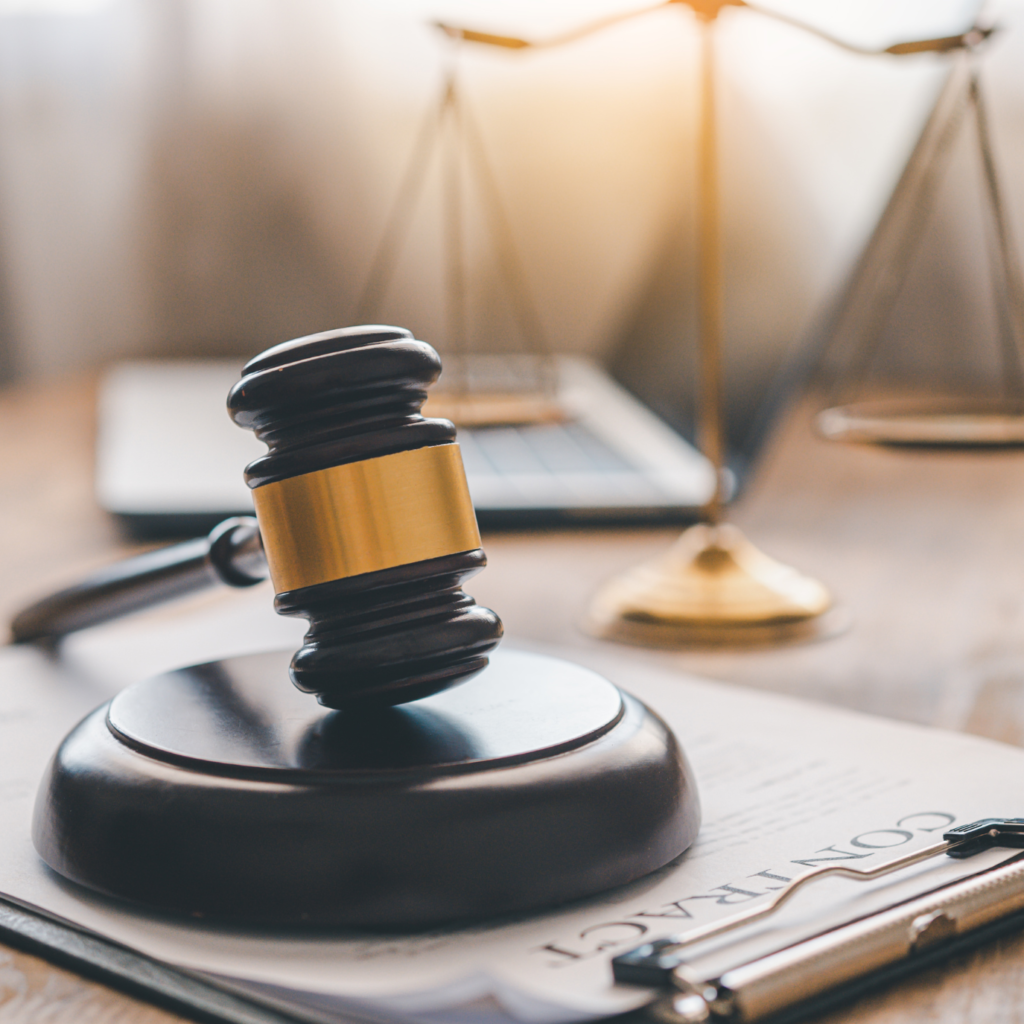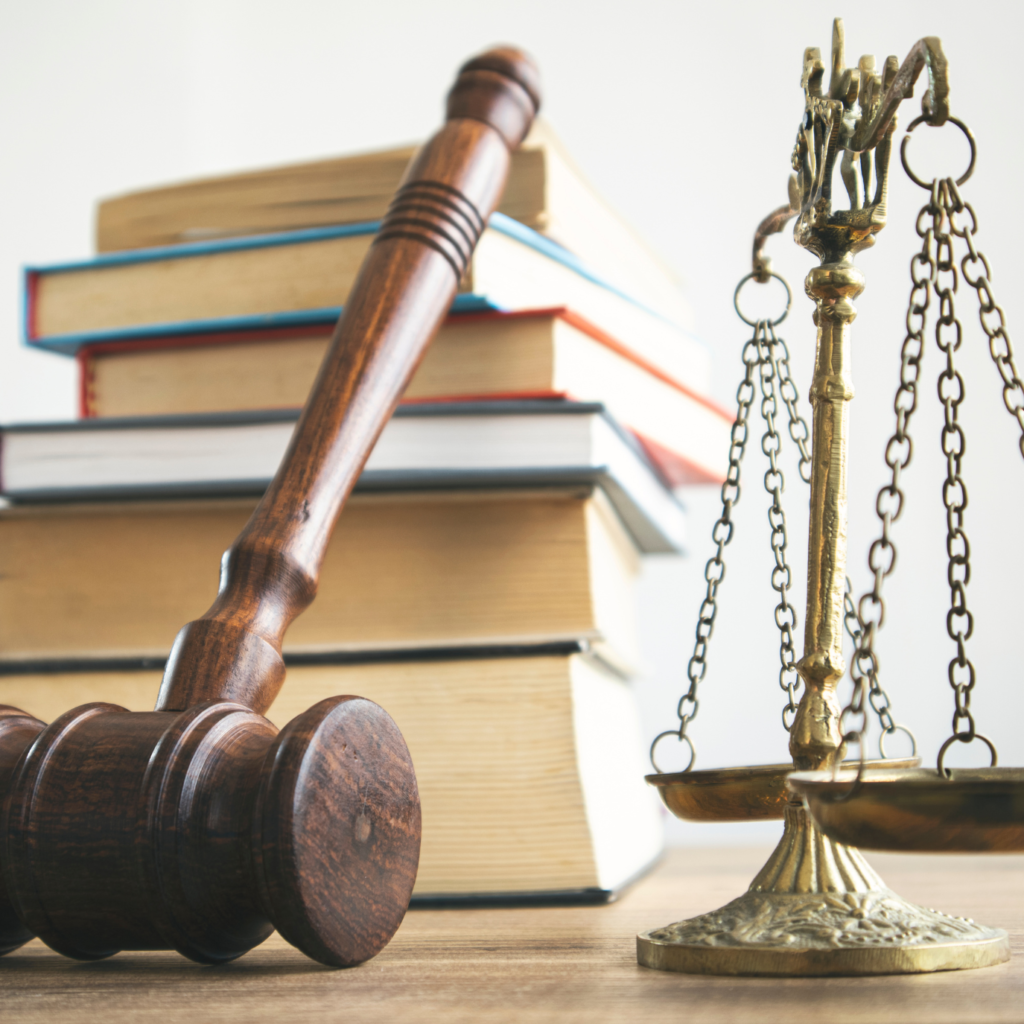Criminal Law
Did you know? Legal advice at the police station is free. Don’t believe the police if they tell you that it will be quicker without a solicitor. This is a lie! Why should you trust someone who has just arrested you and wants to put you in prison? Friends and relatives – is someone you know ‘helping police with their enquiries’? You can instruct us, on their behalf, to look after their interests.
- Money Laundering
- VAT and Tax fraud
- Mortgage Fraud
- MTIC Fraud (missing trader intra-community fraud)
- Insider Dealing
- Boiler Room Fraud
AB Mackenzie is regularly instructed to defend the most serious and complex of prosecutions brought by agencies including:
- SFO (Serious Fraud Office)
- FSA (Financial Services Authority)
- OFT (Office of Fair Trading)
- SOCA (Serious Organised Crime Agency) and
- HMRC (HM Revenue and Customs)


We also have a very experienced general crime department dealing with serious arrestable offences, including:
- Murder
- Terrorism
- Serious Sexual Offences
- Motoring Offences
AB Mackenzie enjoys a reputation of excellence, both nationally and internationally.
With particular focus on client care, we have developed a reputation as one of the leading firms for the defence of business crime and serious fraud and are dedicated to providing the highest levels of service for all clients, whether individuals or corporate bodies.
At AB Mackenzie we believe in conducting a pro-active defence of clients facing the most serious of charges.
We carry out both private and publicly funded work.
Ten Things NOT To Do If Arrested
I have been practicing criminal law for years and have seen a wide variety of reactions by people who are being arrested. Some of these reactions are unwise but understandable. Others are self defeating to the point of being bizarre. No one plans to be arrested, but it might help to think just once about what you will do and not do if you ever hear the phrase “You’re under arrest. Put your hands behind you.” The simplest “to do” rule is to do what you are told. Simple, but somehow it often escapes someone who is either scared or intoxicated. More important to guarding your rights and interests are ten things you SHOULD NOT do:
1. Don’t try to convince the officer of your innocence. It’s useless. He or she only needs “reasonable grounds” to suspect you have committed a crime in order to arrest you. He does not decide your guilt and he actually doesn’t care if you are innocent or not. It is the job of the judge or jury to free you if he is wrong. If you feel that urge to convince him he’s made a mistake, remember the overwhelming probability that instead you will say at least one thing that will hurt your case, perhaps even fatally. It is smarter to save your defence for your lawyer.
2. Don’t run. It’s highly unlikely you could out run the police. I have had cases where a passenger being driven home by a drunk friend bolted and ran. Why? It was the driver they wanted. Most police will just arrest a runner, but there are some who will be mad they had to work so hard and injure the suspect unnecessarily.
3. KEEP QUIET!!!. My hardest cases to defend are those where the suspect got very talkative. Incredibly, many will start babbling without the police having asked a single question. My most vivid memory of this problem was the armed robbery suspect who blurted to police: “How could the guy identify me? The robbers were wearing masks.” To which the police smiled and responded, “Oh? Were they?” Judges and juries will discount or ignore what a suspect says that helps him, but give great weight to anything that seems to hurt him. In 30 years of criminal practice, I could count on one hand the number of times a suspect was released because of what he told the police after they arrested him.
4. Don’t give permission to search anywhere. If they ask, it probably means they don’t believe they have the right to search and need your consent. The police have limited powers of search without the permission of a senior officer. This is also a good reason not to talk, even if it seems all is lost when they find something incriminating.
5. If the police are searching your car or home, don’t look at the places you wish they wouldn’t search. Don’t react to the search at all, and especially not to questions like “Who does this belong to?”
6. DON’T RESIST ARREST. Above all, do not push the police or try to push their hands away. That would be assaulting an officer and any slight injury to them will turn your minor offence into something more serious. Obviously, striking an officer can result in serious injury to you as well.
7. Try to resist the temptation to mouth off at the police, even if you have been wrongly arrested. Police have a lot of discretion in what charges are brought. On the other hand, I have seen a client who was friendly to the police and talked sports and such on the way to the station. They gave him a break. Notice he did not talk about his case, however.
8. Do not believe what the police tell you in order to get you to talk. The police will try anything to get you to ‘talk’. They will try and mislead and say things they can’t necessarily proof in order to get an admission. For example, if you are arrested with someone else for the same offence, they will try and suggest the other person has implicated you in order for you to admit as well.
The police will also try and convince you to go ahead with the interview in the absence of your lawyer as it will delay your release, or ‘it will go easier for you in court’ if you ‘talk’. ALWAYS EXERCISE YOUR RIGHT TO A LAWYER.
9. If at home, do not invite the police into your home as this gives them the power to search. If the police have a warrant, do not obstruct them. If an offence has recently been committed and the police have reasonable grounds to suspect you are involved, they can arrest you and search your home or the parts of the home you occupy if in shared accommodation.
10. If you are arrested outside your home, the police have powers of search at your home address in continuance of their investigation..
The police will also try and convince you to go ahead with the interview in the absence of your lawyer as it will delay your release, or ‘it will go easier for you in court’ if you ‘talk’.
ALWAYS EXERCISE YOUR RIGHT TO A LAWYER.
